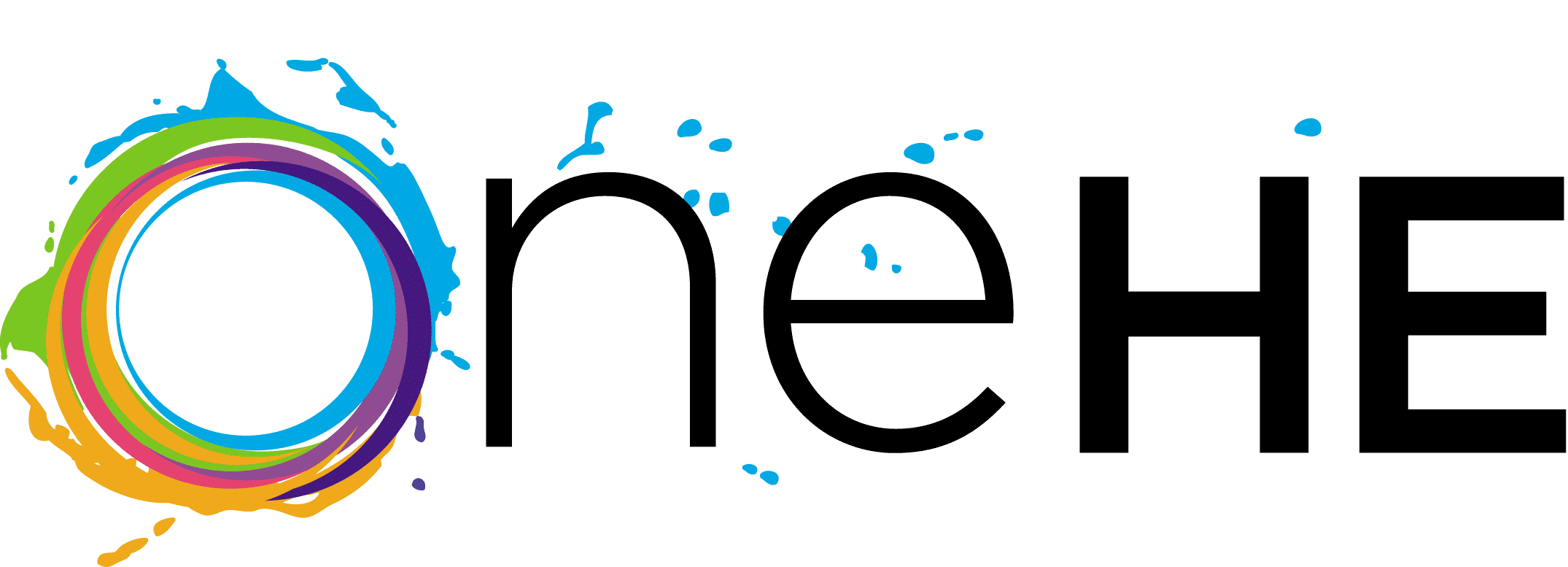- Be aware of your own privilege, try to continuously look for further signs of your privilege, and consider how your privilege prevents you from “seeing” the full reality of students’ lives.
- Cultivate humility and empathy for your students. Always remind yourself – you don’t know what you don’t know. Think about concrete ways you can learn more about your students as it impacts their class performance. Journals are one good option.
- Privilege should always be examined in a manner that works to avoid guilt, shame, and defensiveness. It should not be a divisive issue, but one that builds connections and relationships.
Click here to view the video transcript
Thank you for listening. Thank you for your openness and your time. I hope that you will participate in the discussion area of the course. I would love to hear your comments, questions, and ideas and tips that you have to share with the rest of us. Thank you and good luck as you continue on this lifelong journey.
Thank you for taking this ‘An Introduction to the Concept of Privilege’ course which has been developed with Abby L. Ferber. We hope you have enjoyed it. Remember to mark this lesson as ‘Mark Complete’ to earn your Course Completion Badge.
Further reading
Ferber, A. L., Herrera, A. O., & Samuels, D. R. (2007). The Matrix of Oppression and Privilege: Theory and Practice for the New Millennium. American Behavioral Scientist, 51(4), 516–531.
Johnson, A. (2017). Privilege, Power, and Difference. McGraw Hill.
Kendall, F. (2013). Understanding White Privilege: Creating Pathways to Authentic Relationships Across Race. Routledge.
Kimmel, M. S., and Ferber, A. L., (2017). Privilege: A Reader. Edited volume. Westview Press. Fourth edition.
McIntosh, P. (1989). White Privilege: Unpacking the Invisible Knapsack. Peace and Freedom Magazine, July/August.
Samuels, D. R., Ferber, A. L., & Herrera, A. O. (2003). Introducing the Concepts of Oppression & Privilege into the Classroom. Race, Gender, and Class, 10(4), 5–21.


Discussions
How do you see self-reflection playing a role in examining privilege? What are some of the ways you might encourage an examination of privilege with your learners, while upholding connections and relationships? How can you emphasise positive change with learners?
Please share your thoughts and questions in the comments section below.